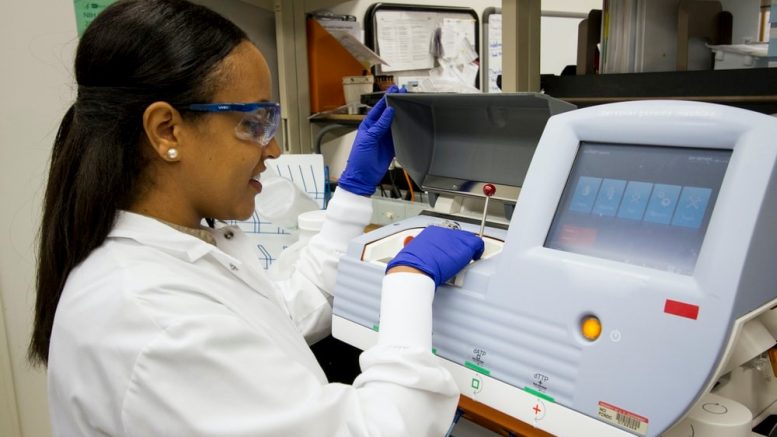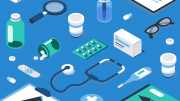Every healthcare provider or organization puts more effort to offer satisfactory health care to their patients. In doing this, they have to maintain an organized information structure for all patients and make it easily accessible to all users in the relevant departments while at the same time complying with privacy regulations, security and medical information guidelines.
Healthcare workers can therefore improve patient satisfaction by simply improving access to patient data. This is where crm software for healthcare comes to play. In fact, research shows that increased use of CRM for hospitals and institutions is widely accepted and adopted with tangible results. Check out this discussion on the benefits that Creatio CRM bring to healthcare organizations that are already implementing the technology.
Effective Coordination
Healthcare delivery is no-longer a one-man job. Today, it involves the coordination of multiple departments with big teams. However, this sector still faces data and information access challenges with problems synchronizing the planning process.
Normally, in a typical healthcare institution, patients are received by the patients intake team. Once relevant patient information is captured by the team, they pass the patient to the treatment team. The team carried out the required assessment and treatment before passing the patient on to the post-treatment and recovery team. This kind of modern healthcare setup requires effective communication and flow of information so that the patient is offered best care possible.
With the use of CRM for hospitals, healthcare personnel and patients are centralized for improved access and management. Besides, the system provides more efficient automated solutions that enhance patient experience and improve satisfaction rates.
Delivery Of Dynamic Healthcare Solutions
Delivery of dynamic healthcare solutions is yet another role of CRM for healthcare. Many hospitals use cross-departmental collaboration as a tool to improve patient care by being able to make critical decisions on the patient. CRM for healthcare makes this easier by enhancing collaboration among healthcare workers, departments and across institutions.
It is therefore much easier to eve share patient information between hospitals for patients seeking transfer from one institution to the other. Besides, some healthcare providers are already using CRM to connect physicians and patients. This makes patients journeys seamless and ongoing personal attention is made more effective.
Performance Analysis
Another key element that healthcare CRM must provide is performance analysis. CRM for hospitals therefore makes it easier to perform performance analyses within the hospital setup. Information such as admissions, discharges, referrals, transfers among other key hospital data that is collected on a daily basis, can easily help the management team to make key decisions that help improve performance and patient satisfaction.
For instance, it may become necessary to eliminate some unnecessary steps between transfers or referrals, and customize some automated steps or activities for increased efficiency.
Patients like any other customer too, understands the need for efficient services. Research shows that over 52% of patients choose hospitals based on past experiences especially those that are believed to provide good customer service. CRM technology helps hospitals to access insights into patient preferences and be able to tweak services for improved customer satisfaction.
Managing Chronically Ill Patients
It is true that patients who suffer from chronic illnesses require closer attention including programmed follow-up, routine tests and checkups. With an appropriate healthcare software, it is not only easier to build working relationships between the patient and the hospital teams providing the care, but also even between the care giving teams themselves.
Besides, the system makes it possible to personalize healthcare provision by collecting relevant patient information specifically on their treatment needs, previous prescriptions or health conditions.
The Bottom Line
CRM for medical data helps increase the effectiveness of patient outreach processes and improves efficiencies by automating workflows across healthcare teams. Coordination if enhanced and processes are made more cost effective for improved care quality.





